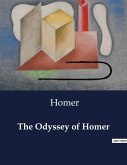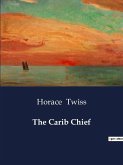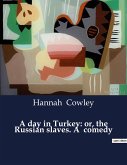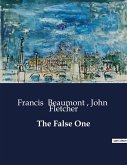"The Tale of a Tub" by Jonathan Swift is a satirical work that explores religious and political themes through allegory and parody. Published in 1704, the work is presented as a prose satire, but it also contains elements of allegory, parody, and philosophical reflection. The narrative of "The Tale of a Tub" centers around three brothers, representing the three main branches of Christianity: Peter (representing Roman Catholicism), Martin (representing Anglicanism), and Jack (representing Calvinism). The brothers receive coats from their father (symbolizing God) and are instructed to take care of them. However, over time, the brothers neglect their duties and begin to alter the coats to suit their own desires and interpretations. Through this allegorical framework, Swift satirizes the corruption, hypocrisy, and absurdity he perceives in organized religion, as well as the contentious debates and divisions within Christianity. The narrative is interspersed with digressions and parodies of various literary forms, including classical epic, scholastic philosophy, and religious allegory.








